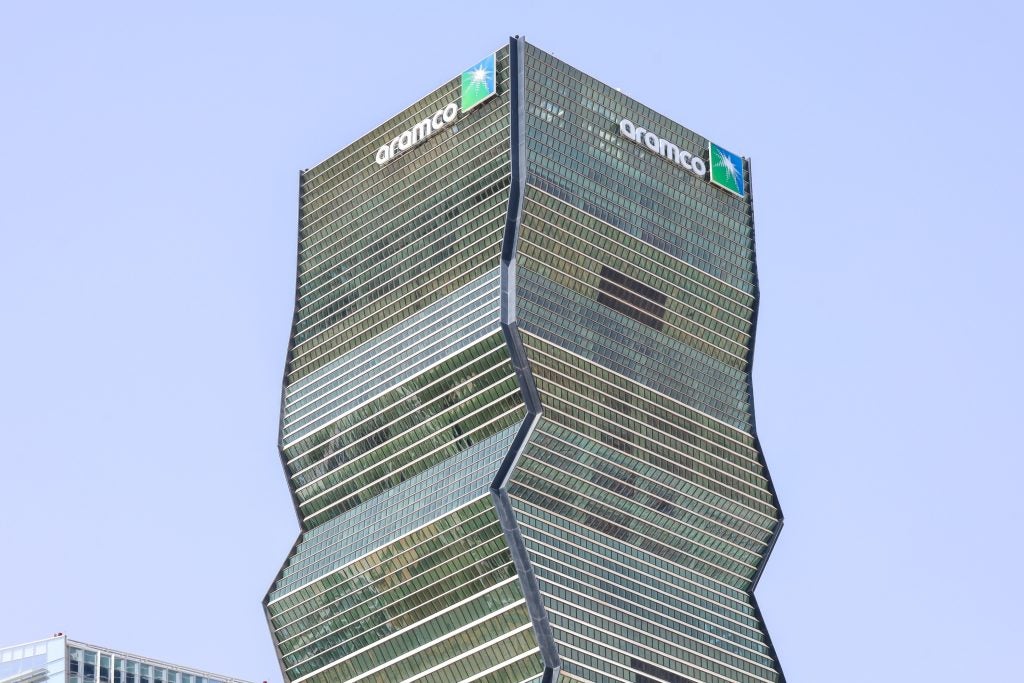GlobalData offers a comprehensive analysis of Telenor, providing key insights into its Environmental, Social, and Governance(ESG) factors. By closely monitoring and aggregating mentions of climate change and associated ESG keywords, GlobalData delivers valuable information on Telenor‘s ESG performance. GlobalData’s company profile on Telenor offers a 360-degree view of the company, SWOT analysis, key financials, and business strategy including insights on ESG implementation among other information. Buy the report here.
Telenor, a telecommunications company, is committed to reducing its carbon/greenhouse gas (GHG) emissions. The company has specific goals for its Asian and Nordic operations. In its Asian operations, Telenor aims to reduce GHG emissions by 50% by 2030, focusing on replacing diesel generators with solar solutions and purchasing renewable electricity. In its Nordic operations, the company aims to achieve carbon-neutral business operations by 2030, focusing on energy efficiency measures and renewable electricity purchases. Telenor reports its emissions annually, including scope 1, scope 2, and scope 3 emissions, and takes steps to address both upstream and downstream emissions. In 2022, Asia's Scope 1 and 2 greenhouse gas (GHG) emissions totaled 837 thousand tonnes of CO2e, while Nordic's Scope 1 and 2 GHG emissions amounted to 17 thousand tonnes of CO2e and scope 3 was 2,853,142 tonnes of CO2e. Also, the market-based Scope 2 greenhouse gas (GHG) emissions were 763 thousand tonnes of CO2e, while the location-based Scope 2 GHG emissions amounted to 827 thousand tonnes of CO2e.
Telenor has already taken several steps to reduce emissions, including energy efficiency measures, adoption of renewable energy, and collaboration with equipment manufacturers and partners to develop energy-efficient features. The company also conducts an annual climate risk assessment and integrates climate change risks and opportunities into its risk management framework and business strategy. Telenor recognizes that investors are increasingly seeking companies with climate change mitigation plans and aims to plan for resilience to attract investors.
The company acknowledges the physical risks of climate change, such as increased heatwaves, droughts, flooding, and typhoons. Telenor is mitigating these risks by decarbonizing its operations and supply chain, engaging with suppliers to reduce their carbon footprint, and sourcing renewable electricity. However, the availability of renewable electricity may be limited in some regions, which could pose challenges for meeting emissions reduction targets and potentially impact the company's reputation.
Telenor is also aware of the potential demographic shifts and increased conflict that may result from climate change, particularly in vulnerable markets. The company is evaluating these risks and planning accordingly. Additionally, Telenor recognizes the potential for increased costs due to carbon pricing and the price of renewable electricity, as well as the impact of policy changes on inflation.
Overall, Telenor is dedicated to minimizing its carbon footprint and managing climate change risks. The company is implementing specific measures to reach its emission reduction goals, actively engaging with suppliers, and fostering collaborations within the industry to decrease overall emissions. Through a focus on energy efficiency, the adoption of renewable energy, and proactive risk management, Telenor strives to alleviate climate-related challenges and play a role in building a more sustainable future.
Data Insights
From

The gold standard of business intelligence.
Blending expert knowledge with cutting-edge technology, GlobalData’s unrivalled proprietary data will enable you to decode what’s happening in your market. You can make better informed decisions and gain a future-proof advantage over your competitors.







